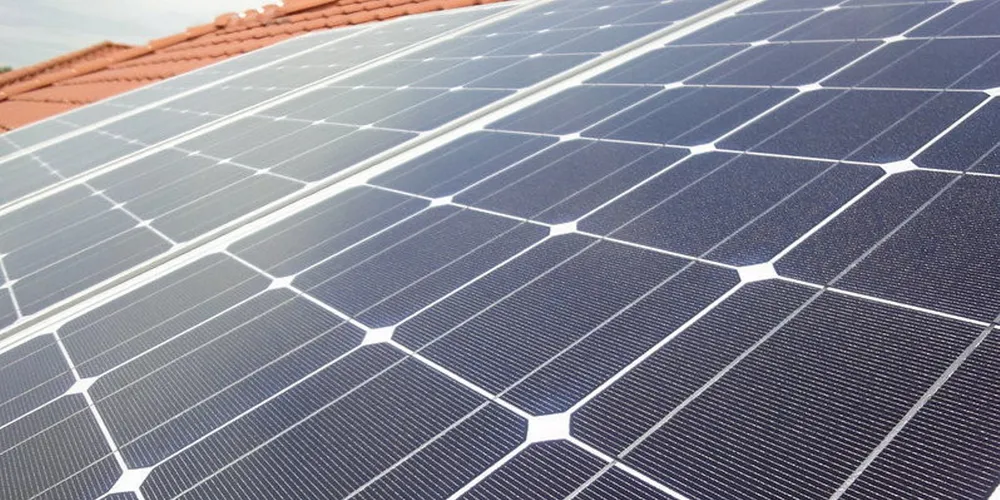New York in gigascale solar and storage bonanza 'to exceed' state clean energy goals
Empire State awards 22 contracts for almost 2.5GW of utility-scale PV and energy storage projects worth some $2.7bn, including for largest solar arrays in US northeast
